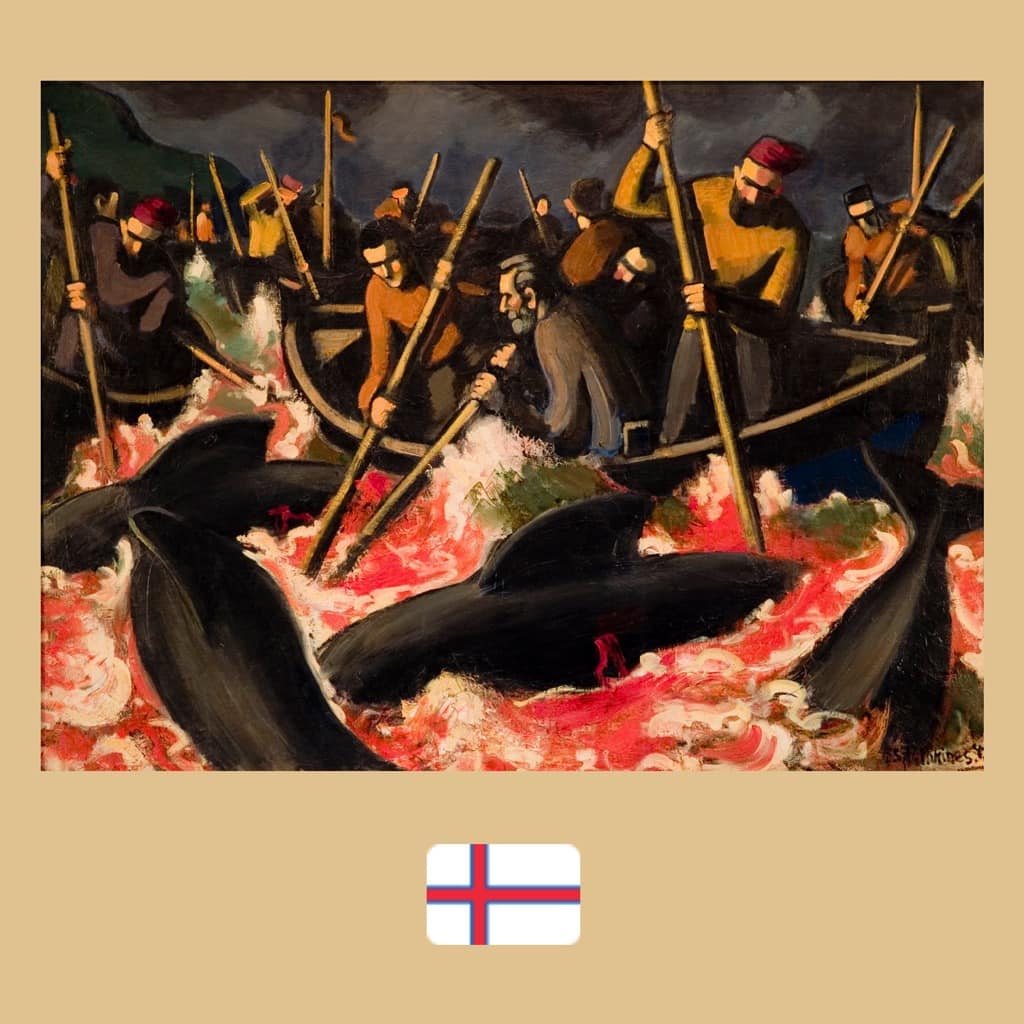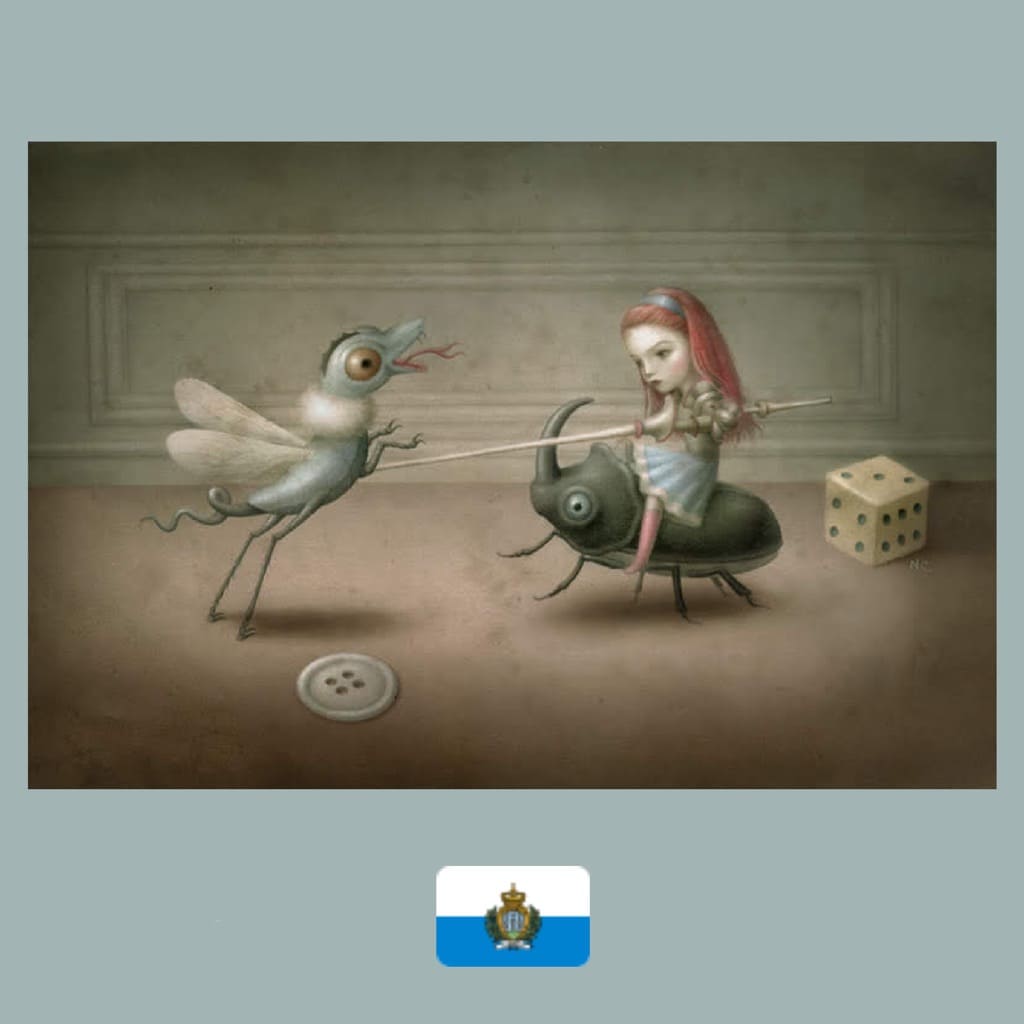
C IS FOR CROATIA
It’s rare to be able to revisit your favorite character when reading serious literary fiction. But I can’t describe the warmth I felt when I realized that the narrator of Daša Drndić’s last novel would be Andreas Ban, who became, for me, inseparable from Drndić herself, blending with the late novelist into a sort of posthumous spirit that watches over Europe’s misgivings, inconsistencies, and failures.
This novel is less focused than Belladonna, where Croatian Ustasha’s government and all its collaborators were under scrutiny. Here Andreas Ban is after Soviet chess players, Latvian nazi sympathizers, Parisian gentrification and Italian higher class, to name a few. I was once again shaken by how deep Drndić’s research goes, how much she was able to learn and share.
For instance, none of the information she shares on the horrible history of Soviet chess is available in Russian, where despite a certain strain of resistance towards Putin’s government’s regressive view on history exists, there are still too many idols who remain untouched. No one even knows about Botvinnik’s barking! And this led me to become quite anxious. With Drndić dead, Bernhard dead, Sebald dead, who will be those who show us the holes of history now? Here’s to hoping that I will discover living writers who do this in 2019.
EEG by Daša Drndić
Translated by Celia Hawkesworth
Published by New Directions in 2019
















